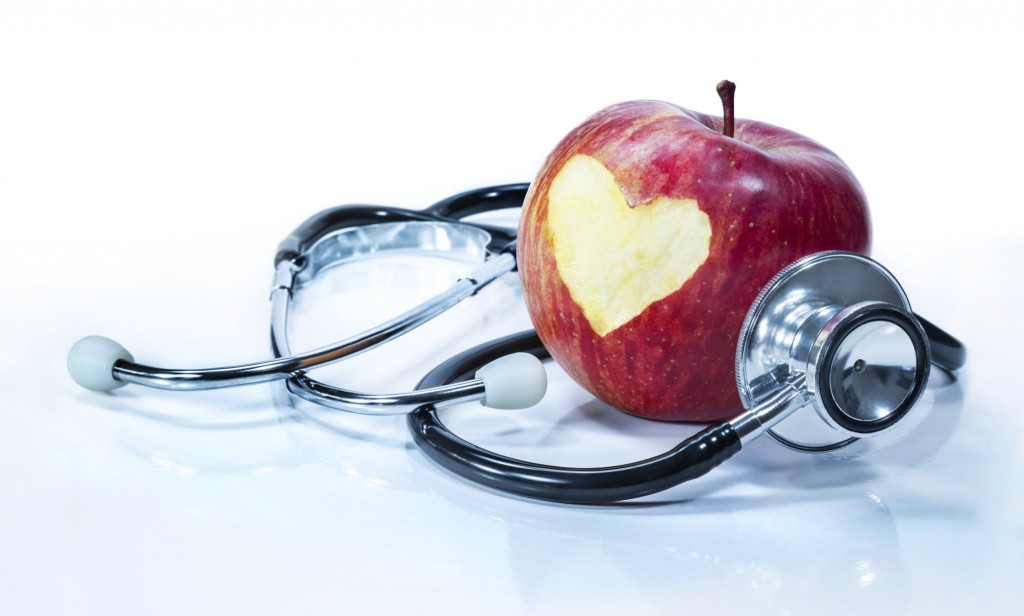
Although in some ways it can seem quite simple, mindfulness is a multifaceted skill. The body scan is a great starting practice because it fundamentally trains so many aspects of working skillfully with experience. Here are seven qualities of mindfulness that should be practiced in the body scan.
Attention. By consciously choosing to place the mind on an object, we are training our capacity to pay attention. Attention is also trained by moving the mind from one object to another, and by coming back to an object when we notice the mind has wandered. Training attention in a body scan is a bit like doing resistance work in the gym—it takes some effort, but it cultivates strength and flexibility. Remember, each time you practice a body scan, you are strengthening the muscles of mindfulness.
Awareness. When they first practice the body scan, most people notice that their mind seems to roam all over the place. We intend to pay attention consistently, but that’s not quite what happens. This is not a problem—part of the practice is to bring awareness to whatever is happening in the mind, even if it’s not exactly what we’d like it to be. Knowing our patterns is the first step to working with them skillfully. With awareness, we are open to the landscape of the mind, able to see the terrain of our being.
Note: Part of the practice is to bring awareness to whatever is happening in the mind, even if it’s not exactly what we’d like it to be.
Embodiment. Repeatedly bringing attention to our bodies balances the tendency to “live in our heads.” The body senses rather than thinks, so, by allowing body sensations to be felt, we can drop into a fuller sensory palette. Living from our bodies, we tune into a mode of perceiving that’s more centered, grounded and directly in touch with the world around us, rather than always getting caught up in concepts.
Letting be. Many of us are used to driving ourselves hard. We think of training as a way to try to force change, push, pull, cajole and badger ourselves into becoming something different. Mindfulness training encourages a different approach. Each time we come back to attention in the body scan, it’s suggested we do so gently. When we notice the mind is wandering, we do so with acceptance—this is just the way the mind is, for now. While we may not always like what we find, we can practice allowing it as our starting point, rather than trying to resist it or try to force change, which just creates struggle and stress.
Note: Many of us are used to driving ourselves hard. We think of training as a way to try to force change, push, pull and badger ourselves into becoming something better. Mindfulness training encourages a different approach. When we notice the mind is wandering, we do so with acceptance—this is just the way the mind is, for now. We can practice allowing it as our starting point, rather than trying to resist it or try to force change, which just creates struggle and stress.
Leaning into unpleasant experiences. As we move into body sensations, we may discover feelings that we don’t like. Discomfort and pain, irritation and boredom, sadness and numbness are all common experiences for people practicing a body scan. Our usual way of meeting these sensations is to try not to meet them—to escape from their unpleasantness by distracting from, ruminating on, or battling with them. Sometimes, though, there isn’t anything we can do to make them go away on demand—physical or emotional pain tends not to listen to reason. So, rather than exacerbating our misery by struggling with it, the body scan teaches us how to lean gently into discomfort. Although this seems counterintuitive, it reduces the unwelcome sensations’ power to derail us. When we approach our experience with interest, although we feel even unpleasant sensations fully, we also drop our attachment to the stressful thoughts and reactions that are typically layered on top of them.
Appreciation. It’s easy to go through life taking things for granted. But contemplate it for a moment. Isn’t it amazing that we have a body at all, and a mind to experience it? By paying attention to body sensations, and noticing what arises in awareness, we incline our interest into being alive, not as a set of philosophical ideas, but as actual phenomena—the very experience of things. This enables us to tune into the actuality of moment-by-moment living, generating appreciation that can nurture a sense of awe and gratitude.
Getting unstuck. When we pay attention with mindfulness, we come to observe and feel the reality that everything is always changing. We notice how stress arises when we try to hold on to pleasant sensations and/or reject painful ones, and we see how sensations are moving, shifting, rising and falling in intensity all the time. We may even see how we are no longer so caught up in ourselves when we drop our sense of fixed identity (“My leg hurts!”) and invite an awareness of the aspects and processes of experience (“There is an ache right now, and a thought about that ache”). Getting unstuck from mistaken assumptions about how things are—and how we are—can start to bring some relief.
Curious to find out more? Click here to continue reading this article.
If you would like more information about mindfulness, contact Dr. Gordon C. Gunn MD at 714-912-2211 or visit www.gordongunnmd.com to schedule an appointment today.
Dr. Gunn proudly serves Fullerton and all surrounding areas.









